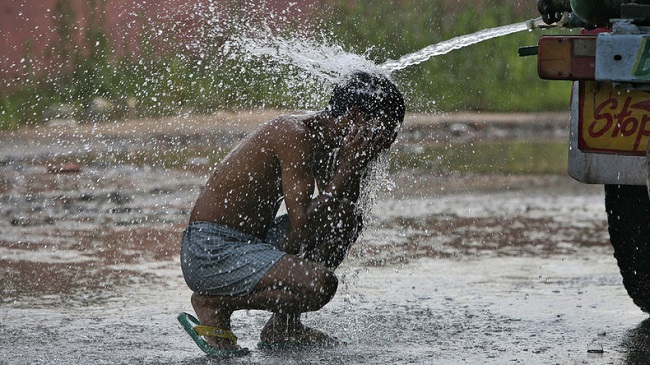Experts in the environmental sector have called on Nigerians to plant more trees to mitigate the current heatwave caused by climate change.

They made this call in separate interviews in Abuja on Friday, March 28, 2025.
Dr Michael David, Executive Director (ED) of the Global Initiative for Food Security and Ecosystem Preservation (GIFSEP), urged Nigerians to plant more trees and restore forest habitats in their homes to combat climate change.
He noted that heatwaves are causing streams and rivers to dry up, highlighting the urgent need to address the issue by restoring habitats across the country.
“To address the impact of heat wave and the drying of rivers and streams requires a more comprehensive strategy on climate adaptation process, water management and generally ecosystem restoration.”
The ED stated that these factors currently being experienced in the country are a result of climate change, which is characterised by the intensity and duration of extreme heat.
“Heatwave exposes to drought contributes to health problems in humans and wildlife leading to high break of diseases.
“Heatwave causes a lot of socio-economic impacts on communities, water scarcity, raises a lot of conflict in communities, livelihoods are affected animals and farmers, communities are displaced leading to migration of people.
“Hence the urgent need to safeguard our water resources for future generations,” David emphasised.
Similarly, Mr. Ene Owoh, the National Coordinator of Clean-up Nigeria (CUN), expressed concern over the current unpredictable rainfall patterns and the declining water levels in streams.
“The rising sea levels, the cases of flood, drought all of this boils down to the climate change the truth be told climate change has altered the availability of water thus making it less plentiful in the world.
“Climate change has caused water shortage, drought and the decrease of agricultural produce, Climate change also affects water supply in a number of ways.
“Consequently, any increase in temperature level will have consequence on water level as well as human beings,” Owoh said.
By Abigael Joshua
